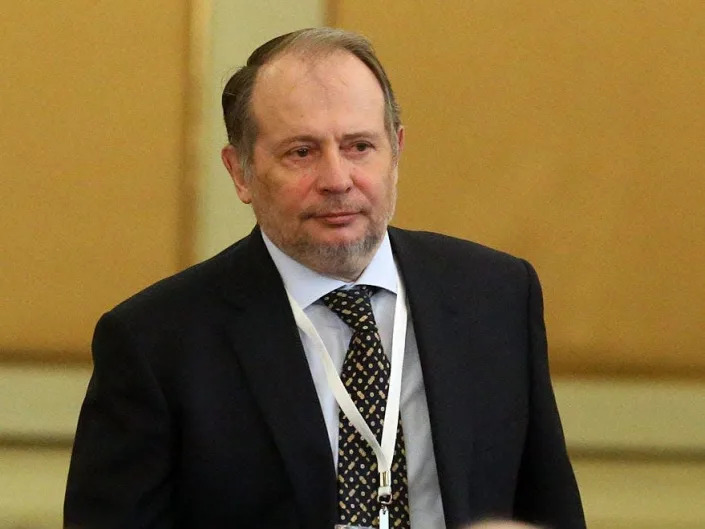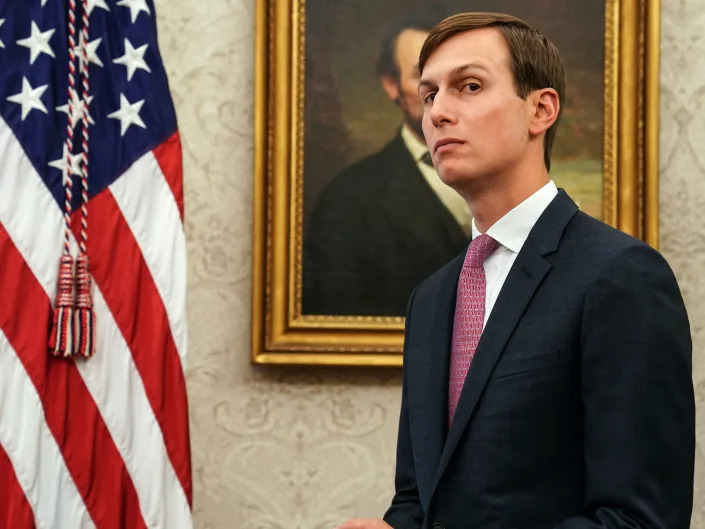Russian steel billionaire calls the invasion of Ukraine 'a huge tragedy that is impossible to justify'
Vladimir Lisin said in a letter to steelworkers he hoped Putin could find a diplomatic resolution.
The steel tycoon wrote that the death of people in Ukraine is a tragedy that it is "impossible to justify."
Lisin is the 81st richest person in the world, according to Bloomberg's Billionaire Index.
Russian oligarch Vladimir Lisin has called for a peaceful resolution to the attack on Ukraine.
Lisin, the chairman and main shareholder of one of the largest steelmakers in Russia, sent a letter along with the board of directors to his staff at Novolipetsk Steel (NLMK) saying that he was hopeful that the war could end soon and calling for Russian President Vladimir Putin to reach a diplomatic outcome. Reuters first reported the letter.
An NLMK spokesperson confirmed the letter with Insider.
"I would like to begin by expressing my deepest compassion to all the victims of the armed conflict in Ukraine, the families and relatives of those who died," Lisin wrote. "Lost lives are always a huge tragedy that is impossible to justify. I am convinced that peaceful diplomatic conflict resolution is always preferable to the use of force."
Lisin is one of Russia's richest men and is the 81st richest person in the world, according to Bloomberg's Billionaire Index. The steel tycoon is currently worth about $19.1 billion in US dollars. His wealth is down over $5 billion since Russia began invading Ukraine, according to the index.
Thus far, the Russian billionaire has been able to avoid sanctions, but the UK is eyeing sanctions on his 3,000-acre 17th-century Aberuchill Castle in Scotland, according to a report from BBC.
The oligarch is one of a handful of Russian billionaires to speak out against the invasion into Ukraine. Last week, Russian billionaires Mikhail Fridman and Oleg Deripaska spoke out in protest of the attack, calling for peaceful negotiations between the two countries.
Russia's wealthiest have not been immune to the impact of sanctions from Western countries. Sanctions targeting Russia's economy and financial systems have cut into their net worth. Meanwhile, the US, Canada, and European nations have also moved to take direct aim at the Russian oligarchs by seizing their Western assets.
One day after the invasion of Ukraine, Russia's 22 richest individuals lost a combined $39 billion. Since then, Russia's currency has plummeted to historic lows and brought the nation to the brink of default.











